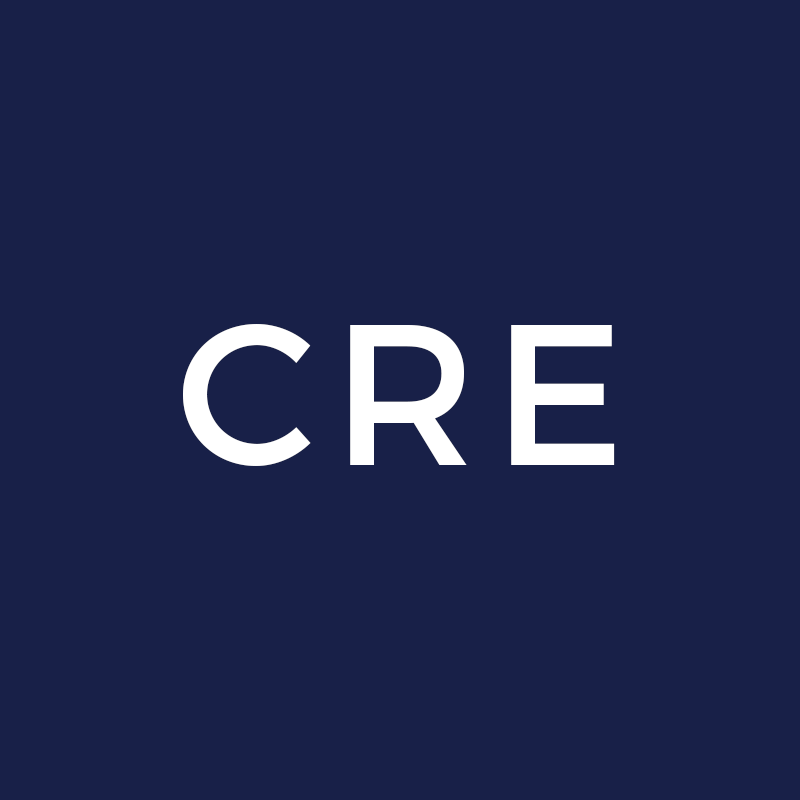Internet Penetration Rates in Africa (Infographic)
Internet connectivity has served as the bedrock of technological innovation in the world. According to data from Kepios, about 63% of the world’s population has access to the internet (1).
The International Telecommunications Union (ITU) estimates that 40% of the African population uses the internet, which places the continent as the lowest rate in the world (2). Although Africa lags behind its international peers, this is a marked improvement from only 9% in 2012 and 21% in 2017. This suggests that internet penetration on the continent has quadrupled in the last ten years and doubled in the last five years.
Southern Africa and Northern Africa have the highest internet penetration rates at 68% and 64%, respectively (3). Central Africa and Eastern Africa have the lowest at 26% and 25%, respectively. Currently, Africa’s internet penetration is where the Asia-Pacific region was 5 years ago (now 64%) and the right infrastructure strategy could unlock significant opportunities on the continent (4).
Currently, Africa’s internet penetration is where the Asia-Pacific region was 5 years ago (now 64%). The right infrastructure strategy could unlock significant opportunities on the continent.
The World Economic Forum suggests some reasons why penetration on the continent is so low (5). These include affordability, as the cost of mobile phones and data are still quite expensive for a notable size of the continent. There is also a lack of digital skills and literacy in low and middle-income countries. Other key reasons to consider include the lack of sufficient investment in infrastructure, especially in rural zones where setting up base stations is often more expensive.
To close the gap between Africa and the rest of the world, there needs to be an adequate investment into the necessary infrastructure which will deepen penetration. The World Bank estimates that Africa will need $100bn in investments to build broadband networks, 4G base stations, kilometers of fiber and migration to 5G and datacenters (6).
Internet infrastructure has received notable investments. For example, a consortium of partners formed by Facebook, MTN, Vodafone and Orange is funding the 2Africa cable, a subsea cable that will directly connect Africa, Europe and Asia (7). Google is building its 12,000km Equiano subsea Internet cable through Togo, Nigeria, Namibia, and South Africa which will provide faster and lower cost internet to the continent by connecting St Helena, Togo, Nigeria, Namibia, and South Africa with Europe (8). The subsea cable is expected to be fully operational by the end of the year. Google has earmarked $1bn for infrastructure projects across Africa and has to date deployed 20% of the funds (9). A consortium led by Safaricom plans to collectively spend over $1bn to build out a mobile network and financial services in Ethiopia (10) and Liquid Intelligent Technologies completed a $620M bond issue to expand its fibre network across the continent, amongst others (11).
The IFC estimates that Africa’s digital economy will be worth $180bn by 2025 and $712bn by 2050 ($115bn in 2020). This is expected to be driven by access to faster and better-quality internet connectivity, increased urbanization across the continent, a large tech talent pool and a vibrant startup ecosystem (12). The tech ecosystem is a primary beneficiary of the benefits of increased internet connectivity on the continent as it expands total addressable markets, customers, and users of innovative problem-solving solutions.
Article sources:
1. Digital 2022: April Global Statshort Report, available at: https://datareportal.com/reports/digital-2022-april-global-statshot
2. ITU Individuals using the internet, available at: https://www.itu.int/en/ITU- D/Statistics/Pages/stat/default.aspx
3. ITU Individuals using the internet, available at: https://www.itu.int/en/ITU- D/Statistics/Pages/stat/default.aspx
4. Digital 2022: April Global Statshort Report, available at: https://datareportal.com/reports/digital-2022-april-global-statshot
5. 3 reasons why most Africans aren't on the internet – and how to connect them, available at:
https://www.weforum.org/agenda/2019/08/3-reasons-why-most-africans-arent-on-the-internet-and-how-to-connect-them/
6. Achieving Broadband Access for All in Africa Comes With a $100 Billion Price Tag, available at:
https://www.worldbank.org/en/news/press-release/2019/10/17/achieving-broadband-access-for-all-in-africa-comes-with-a-100-billion-price-tag
7. Facebook-backed 2Africa set to be the longest subsea cable upon completion, available at:
https://techcrunch.com/2021/09/29/facebook-backed-2africa-set-to-be-the-longest-subsea-cable-upon-completion/
8. Google announces Equiano, a privately funded subsea cable that connects Europe with Africa, available at:
https://venturebeat.com/mobile/google-announces-equiano-a-privately-funded-subsea-cable-that-connects-europe-with-africa/
9. Google Spends 20% of $1bn on African Projects, Begins First Cloud Region, available at:
https://www.thisdaylive.com/index.php/2022/10/07/google-spends-20-of-1bn-on-african-projects-begins-first-cloud-region/
10. M-PESA set for Ethiopian expansion, available at https://www.telcotitans.com/vodafonewatch/m-pesa-set-for-ethiopian-expansion/5544.article
11. Internet connectivity in Africa just got a major boost, available at https://qz.com/africa/1980024/liquid-telecoms-bond-sale-aims-to-boost-african-internet-access/
12. e-Conomy Africa 2020 - Africa’s $180 Billion Internet Economy Future, available at: https://www.ifc.org/wps/wcm/connect/publications_ext_content/ifc_external_publication_site/publications_listing_page/google-e-conomy

